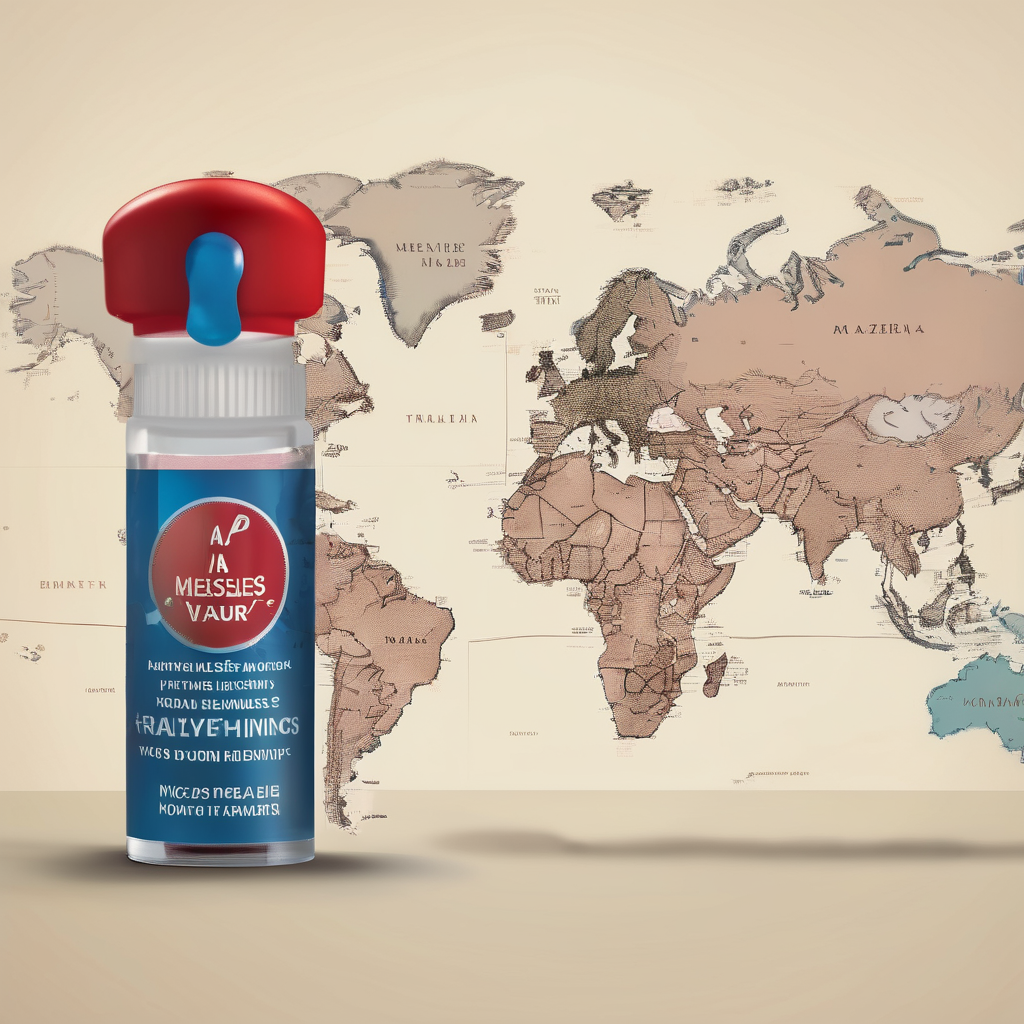Canada has lost its measles elimination status after nearly 30 years due to the inability to control a year-long outbreak, according to the Pan American Health Organization (PAHO). This significant development not only affects Canada but also results in the loss of the elimination status for the entire Americas region.
The outbreak has been severe, with Canada reporting over 5,000 measles cases across nine provinces and one northern territory. Health experts previously speculated about this potential outcome, indicating the urgency of addressing the ongoing health crisis. Dr. Jarbas Barbosa, Director of PAHO, characterized this as a setback but emphasized that it is a situation that can be reversed.
Despite the Americas region as a whole losing its elimination status, individual countries maintain their specific statuses. Notably, Belize, Bolivia, Brazil, Mexico, Paraguay, and the United States are all currently experiencing active measles outbreaks. Dr. Barbosa highlighted that the situation serves as a wake-up call for Canada, pointing out deficiencies in public health outreach and the urgent need to reduce barriers to immunization.
Measles is preventable with a vaccination coverage rate of 95%, which is essential for achieving herd immunity to protect those who cannot be vaccinated. However, the spread of the virus has been linked to declining vaccination rates in certain Canadian communities, raising concerns about a potential resurgence of other vaccine-preventable diseases amid increasing skepticism surrounding vaccines since the COVID-19 pandemic.
The implications of losing elimination status are concerning; health policy research group KFF warns that measles could become endemic, posing risks of hospitalizations and fatalities, especially among vulnerable children. The Public Health Agency of Canada acknowledged recent declines in transmission yet noted that the outbreak has persisted for over a year, particularly in under-vaccinated communities.
In response, the Public Health Agency highlighted its commitment to enhance vaccination coverage, improve data sharing, and bolster overall surveillance efforts to monitor the virus. This proactive approach signals a willingness to restore Canada’s measles elimination status and safeguard public health.
The situation emphasizes the critical importance of vaccination and public health initiatives in combating infectious diseases, fostering hope for a return to high protection levels in the future. Communities must come together to promote vaccination awareness and ensure that immunization opportunities are accessible to everyone.
